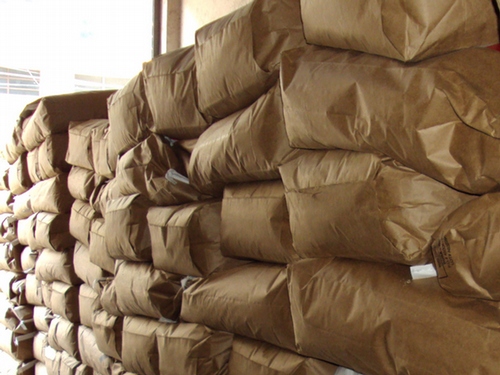Polymer (Cat)
Polymer (+/Cat) Cationic
Origin: America
Packing: 25 kgs
Use for: Wastewater Treatment
Polymer Knowledge:
Wastewater treatment polymers are synthetic, organic flocculants that are used for clarification, thickening or dewatering applications. Three forms are available:
Nonionic polymers - exhibit neutral behavior in solution
Anionic polymers - attract positively charged ions in solution
Cationic polymers - attract negatively charged ions in solution
Polymer chains act to attract the fine particles suspended in a liquid, forming larger groups, called "flocs". If these flocs develop sufficient density, they will precipitate during settling, leaving behind a clear liquid. Alternatively low density flocs may be used to separate undesirable particulates from the water and be skimmed from the surface, leaving clear water behind. The nature of the target particles, the properties of the liquid, including pH, electrical conductivity, hardness, and added chemicals, will determine the most effective polymer type to use. If the water system is being treated microbially, after flocculation, the polymer needs to be non-toxic to the bacteria, and preferably, biodegradable.
See more details in My Document.
